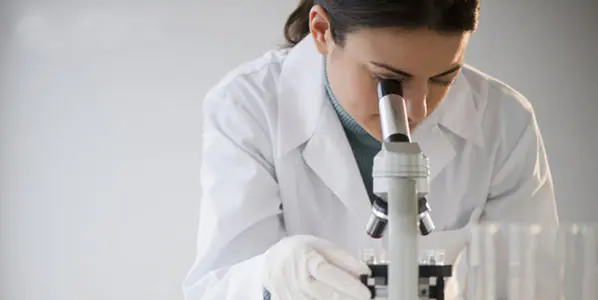American scientists who took part in the Human Microbiome project determined that about 10 thousand species of microbes live in the body of a healthy person. These microorganisms can be harmless or even beneficial, but can also cause various diseases when the balance in the body is disturbed.
The Human Microbiome Project started five years ago and cost $173 million to implement. As part of the project, more than 200 scientists from 80 US research institutions analyzed samples of saliva, blood, skin and feces from 242 healthy people aged 18 to 40 years.
Using modern computer programs, scientists analyzed the DNA contained in the samples and determined which microbes were present in different parts of the body and in what quantities. The research results were published in the scientific journals Nature and PLoS.
The researchers also noted that knowing which microbes live in the human body will help more effectively combat the diseases they cause, such as obesity and Crohn's disease. The next step for scientists will be to figure out how to prevent the development of diseases caused by microbes that are constantly present in the human body, as well as how the body distinguishes “bad” microorganisms from “good” ones.
Eric Green, director of the National Human Genome Research Institute, noted that most of the time the human body lives in harmony with microbes, but sometimes this harmony is disrupted, which leads to the development of diseases. One of the goals of the Human Microbiome Project is to determine the possible causes of this “disharmony.”
Thus, the results of a study to determine the number of microbes in the human body are an important step in understanding how microorganisms affect human health and how to prevent the development of diseases caused by an imbalance of microbial flora in the body.



